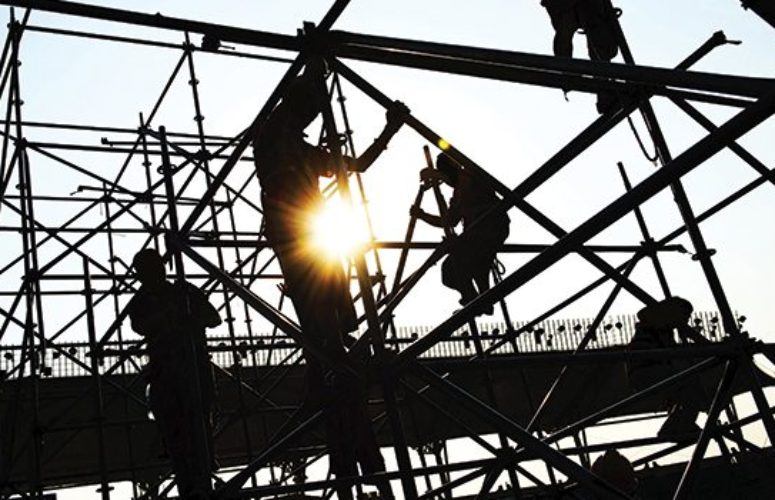
Jersey Water Works Task Force to Focus on Lead in State’s Drinking Water
Group will produce report of best practices and recommendations for eliminating lead from drinking water statewide
On Jan 15, 2019Jersey Water Works has convened a 25-member task force to develop practical and effective policies for eliminating lead in New Jersey’s drinking water. The task force includes representatives from publicly- and privately- owned water utilities, advocacy organizations working in environmental justice and community development, academic and technical experts, public health organizations, and all levels of government. Chris Daggett, the former commissioner of the New Jersey Department of Environmental Protection and former regional administrator of the U.S. Environmental Protection Agency, will chair the group.
“New Jersey has 11 cities that have a higher proportion of lead-affected children than Flint, Michigan, and an estimated 350,000 homes and small businesses — the fifth highest of any state — that have lead lines coming into their buildings,” said Kiki Jameson, president of The Fund for New Jersey, which is providing financial support for the initiative. “The presence of lead in drinking water is a pervasive and urgent problem, and at the same time entirely preventable, and we look forward to seeing this group’s recommendations for the best ways to remediate it.”
“The diversity of expertise on this task force will be key to coming up with practical and effective recommendations,” said Daggett. “Our experience with Jersey Water Works has proven that a problem this complex is too difficult for any one organization to solve. It requires focused attention from across the technical and policy spectrum. I’m pleased we have been able to put together such a broad, committed and knowledgeable group.”
“The majority of municipalities identified in a 2015 report as having the highest percentage of new elevated blood level cases were urban communities,” pointed out task force member Monique Griffith, the director of health from Irvington Township. “This means lead poisoning, which is particularly harmful to young children, disproportionately affects children of color in our state. It is not just a public health crisis, but an environmental-justice crisis,” she continued, “which, for the sake of our children’s future, we must address immediately, and I’m looking forward to getting to work.”
The task force’s kickoff meeting took place in December 2018. The group will conclude its work in September 2019 with the release of a report that will highlight best practices from around the country, put forward a set of policy recommendations that are appropriate, actionable, efficient and coordinated, and lay out planned actions and commitments from key stakeholders.
The task force is part of the Jersey Water Works collaborative, which brings together a broad cross-section of organizations focused on improving water infrastructure. Staff support will be provided by New Jersey Future, a nonprofit, nonpartisan organization that promotes sensible growth, redevelopment and infrastructure investments in the state, and that facilitates the Jersey Water Works collaborative.
To access more business news, visit NJB News Now.
Related Articles:





